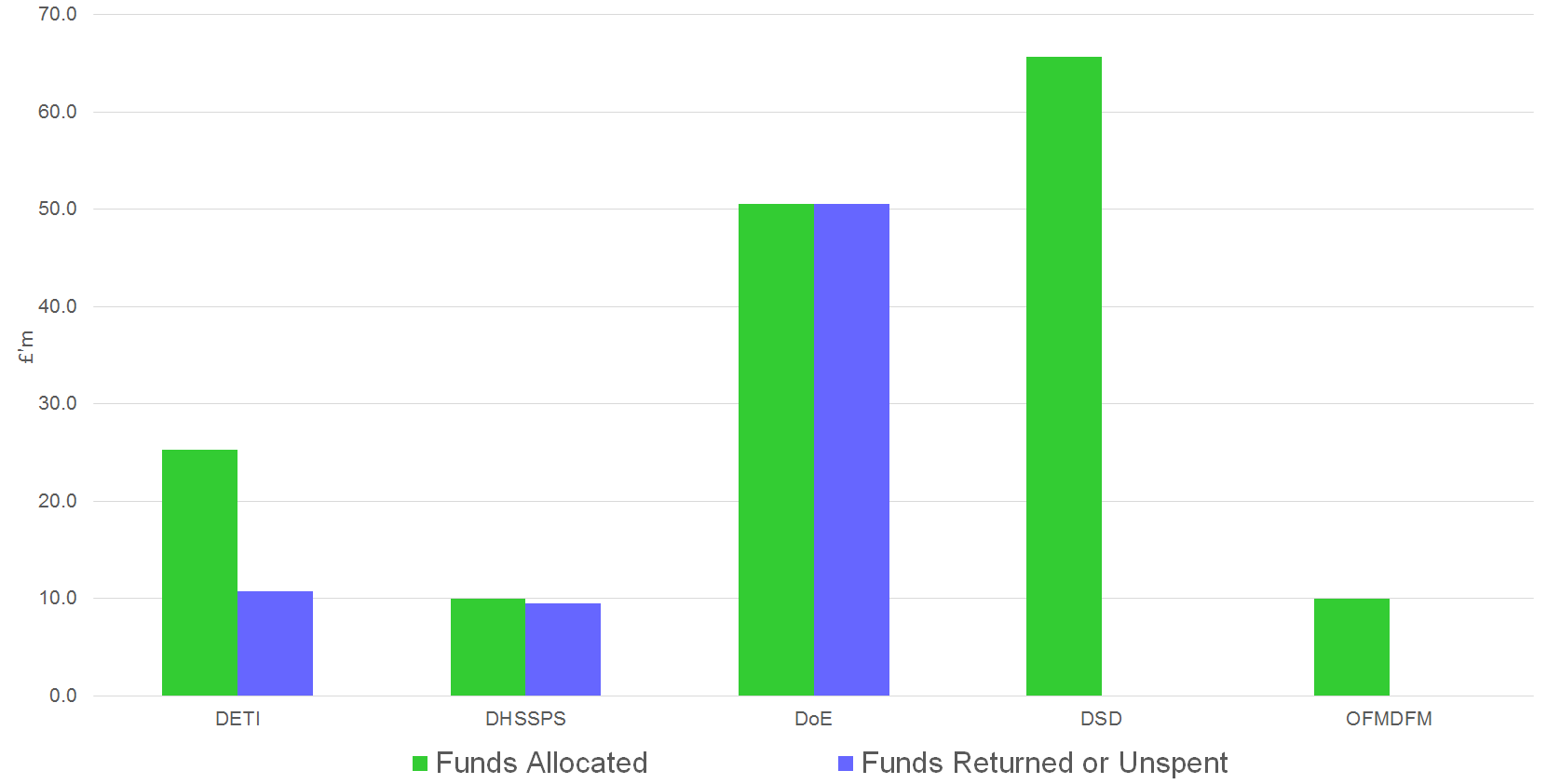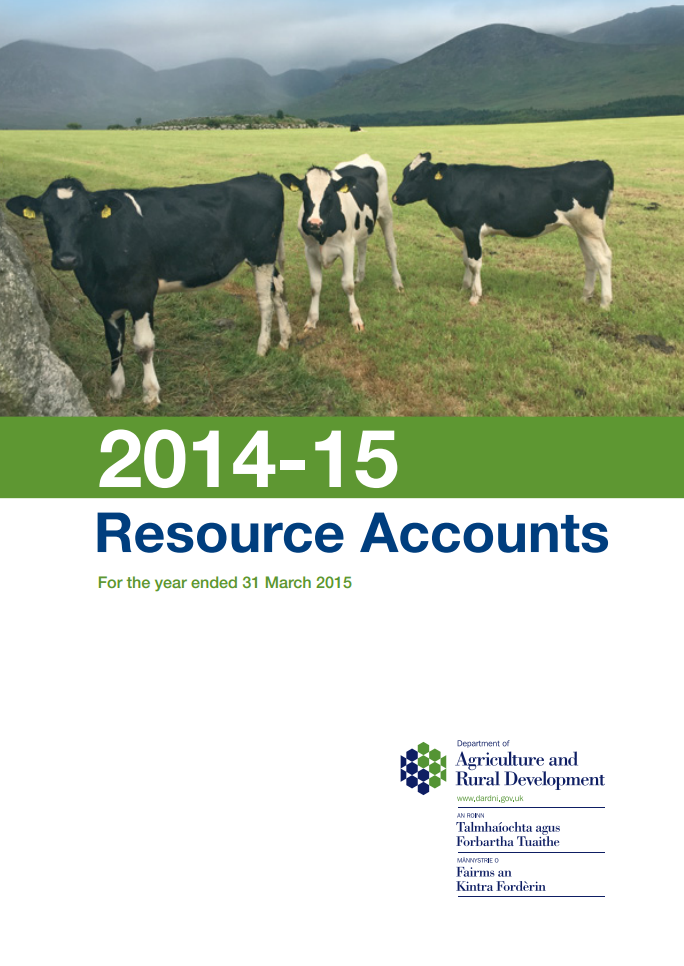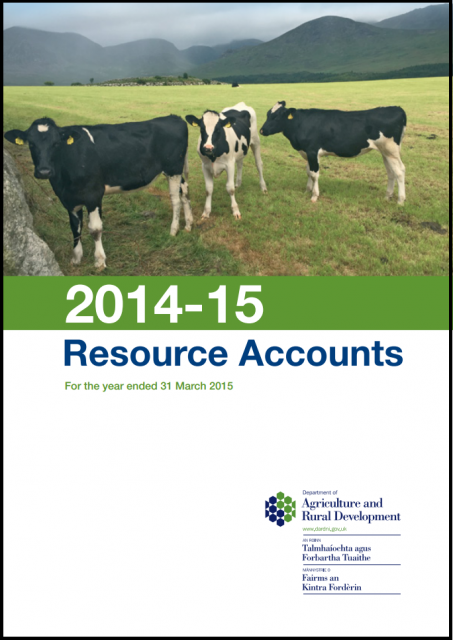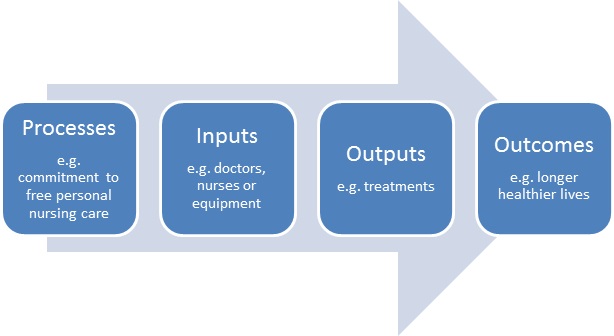What are the key obstacles to introducing a preventative approach in Northern Ireland?
In recent years ‘Preventative Expenditure‘ (PE) has gained a high level of political consensus. There are many definitions, and this imprecision has resulted in departments sometimes claiming that all of their expenditure is preventative. Generally speaking, PE seeks to reduce public spending by investing early before problems become too severe and expensive to address. Those on the left view it as a way to reduce poverty, while those on the right view it as a way to reduce economic inactivity and ultimately service provision costs. While the idea that ‘prevention is better than cure’ is generally accepted, government’s funding of public services has rarely followed the maxim. Recent reports in the United Kingdom (UK) have identified a number of barriers when governments introduce a preventative approach, some of which are explained here.

Read More »What are the key obstacles to introducing a preventative approach in Northern Ireland?






